No Other Choice
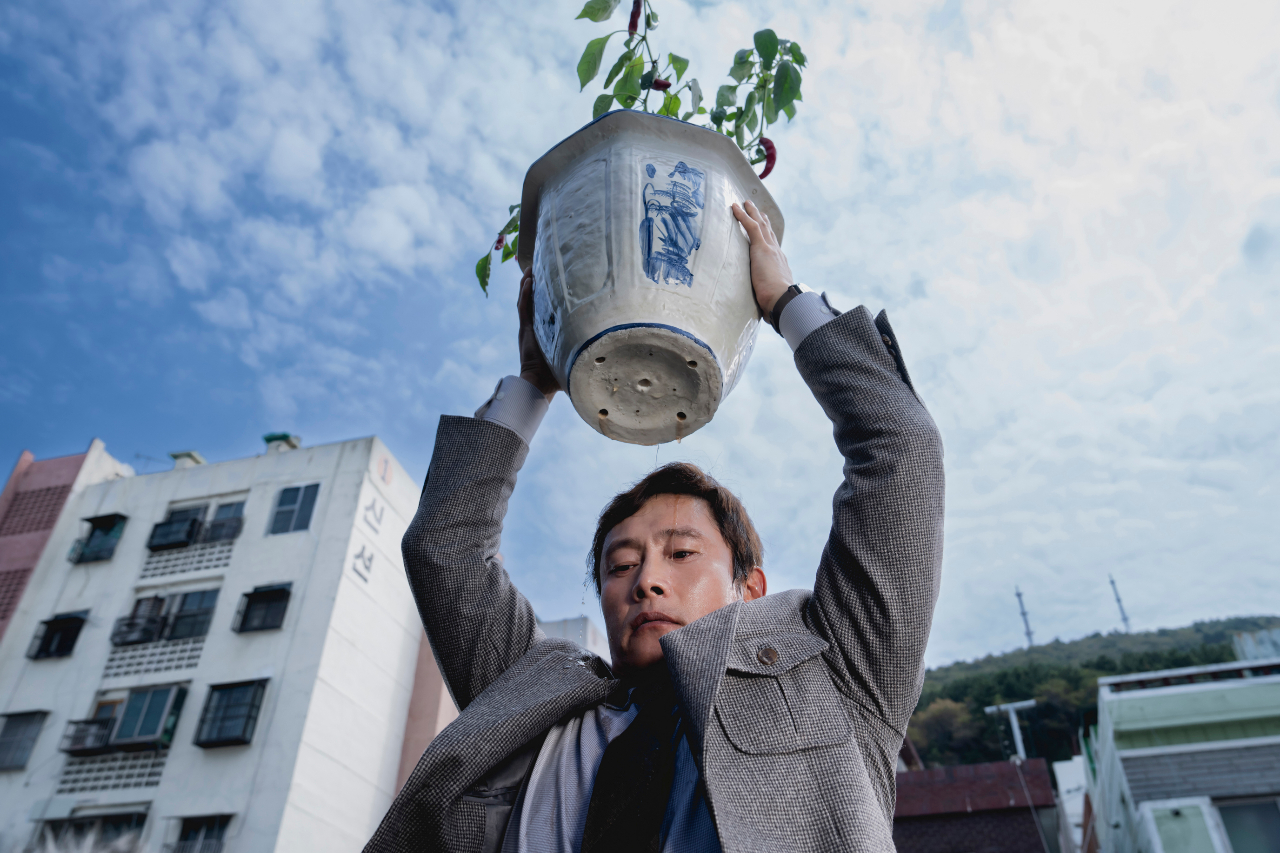
Park Chan-wook has never been afraid of taking the mundane and twisting it into something slyly perverse, and with No Other Choice (Eojjeol suga eopda) he turns the world of pulp, pulp and more pulp – the paper-making industry – into a stage for murder, satire and mid-life despair. Adapted from Donald Westlake’s 1997 novel The Ax, the premise may have felt bleakly amusing in late-90s America, but it finds a strangely natural home in South Korea, where middle-aged jobseekers are locked in merciless competition for positions that will almost certainly underpay and undervalue them.
You Man-soo (Lee Byung-hun) is a casualty of corporate downsizing after twenty-five years at his job. Shut out of a brutal job market, Man-soo seizes on a rare managerial opening – and quickly convinces himself that the only way to secure it is to eliminate the competition. The murders unfold with a chilly logic, but Park overlays them with his trademark style: moments of absurd comedy sit alongside the grotesque, often within the same shot.
Away from the neon crush of Seoul, the film is strikingly pastoral. Everyone seems to live in airy detached houses with sprawling gardens, the golden leaves of autumn falling around them like cinematic confetti. It’s an odd choice, but an effective one – the openness of the landscape offers not only room for Man-soo’s killings, but also for Park to explore the hiding of evidence in ways both elaborate and faintly ridiculous.
There is, too, a domestic portrait parallel to his professional failures. Man-soo’s wife, Miri (Son Ye-Jin), a dental hygienist whose beauty and vanity needle her husband’s insecurities until they splinter. Her teenage son from a previous marriage begins plotting to take matters into his own hands, while their young daughter – a cello prodigy who refuses to play for her parents – serves as another cutting reminder of Man-soo’s inadequacy at home.
The supporting cast veers towards caricature, but that is part of the fun: oddballs who drink too much, boast too much and embody social satire with every exaggerated gesture. An episode of binge drinking, excessive to the point of parody, becomes oddly, grotesquely magnetic.
And what lingers is not the bloodshed but the absurdity beneath it: a middle-aged man persuaded that survival requires murder, carrying out his schemes against a backdrop of quiet suburban beauty and golden leaves. In the end, No Other Choice may take the form of a thriller, but it reads more like a parable of modern survival.
Christina Yang
No Other Choice does not have a release date yet.
Read more reviews from our Venice Film Festival coverage here.
For further information about the event visit the Venice Film Festival website here.


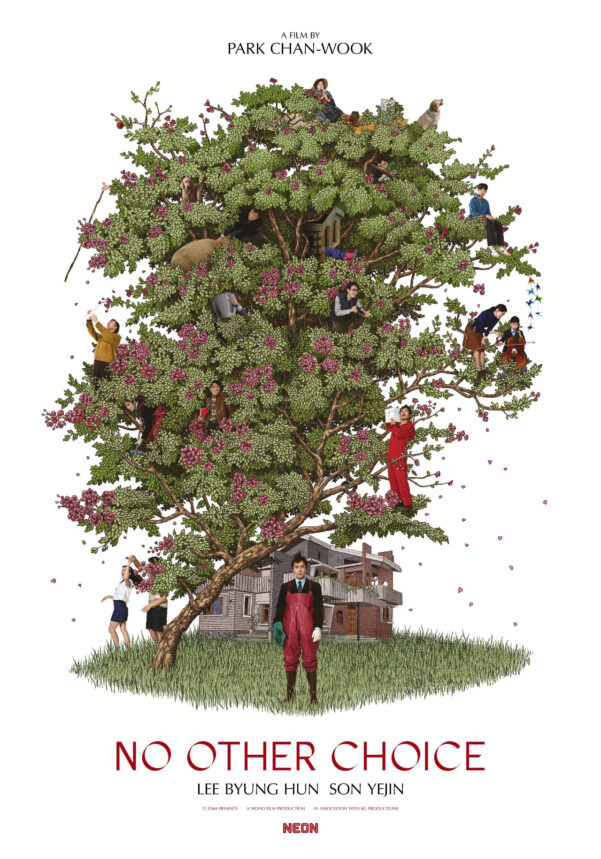


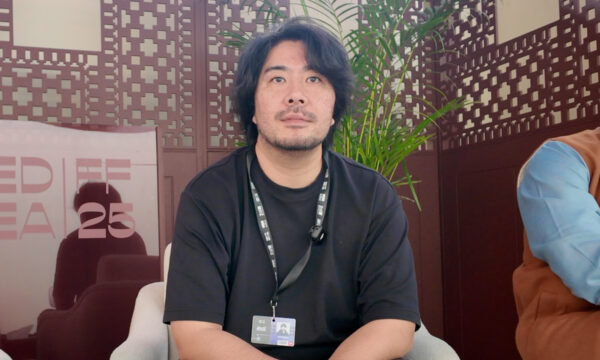
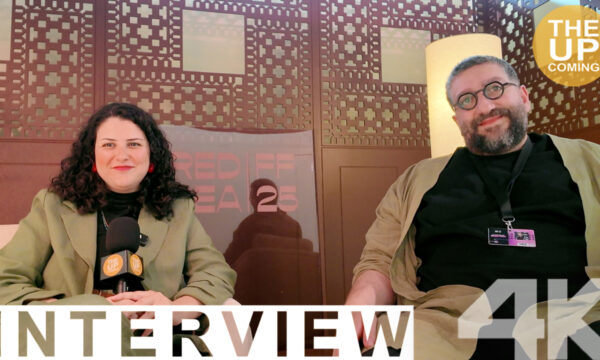
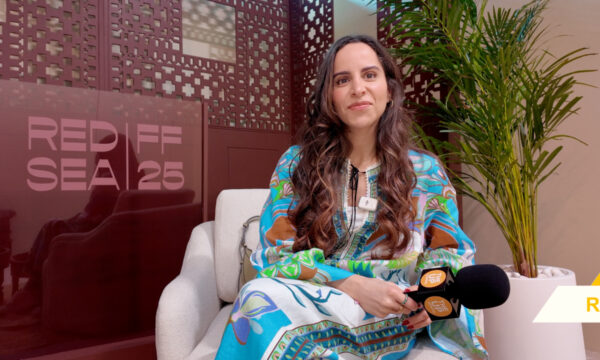
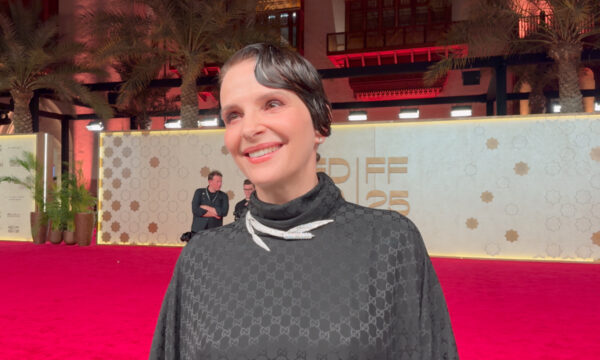
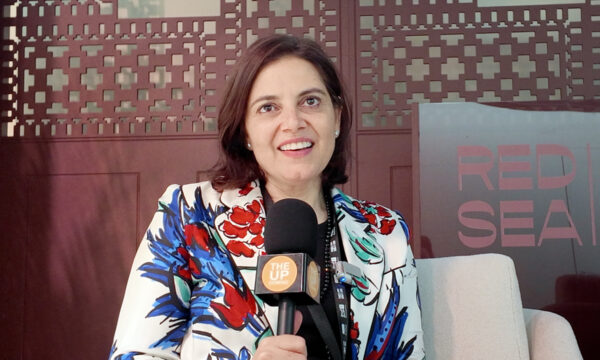
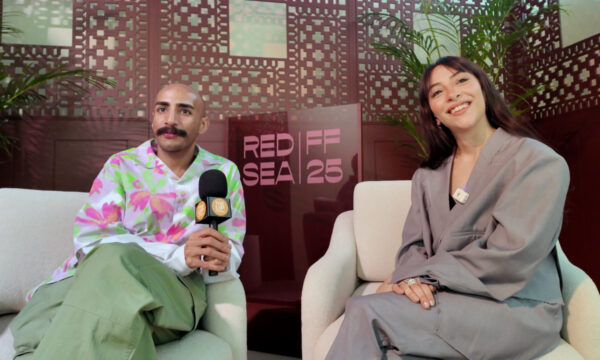
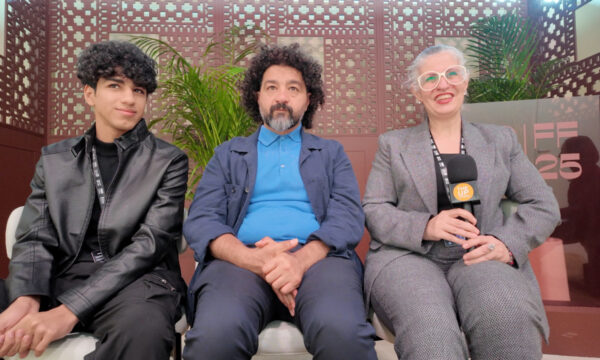




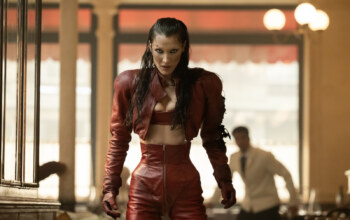

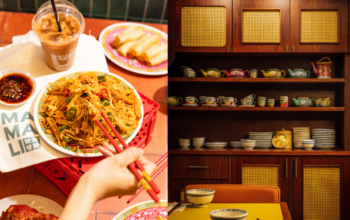
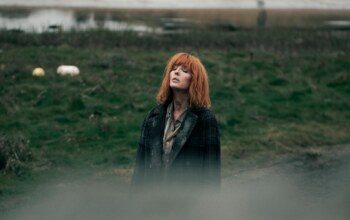






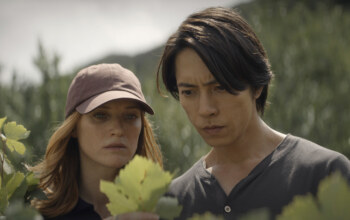
Facebook
Twitter
Instagram
YouTube
RSS